Hyundai and Ineos have teamed up to explore new ways to accelerate growth in hydrogen technology, especially with regards to creating a hydrogen fuel cell version of the upcoming Ineos Grenadier off-roader.
The non-exclusive agreement means that Ineos will be able to tap into Hyundai’s knowledge around fuel cell technology in cars, a field the Korean firm has been at the forefront of, as seen with its Hyundai Nexo SUV.
Equally, Hyundai will benefit from Ineos’s vast experience around the infrastructure of hydrogen and how to produce it cleanly.
Mark Tennant, commercial director of Ineos Automotive, told us: “What we really like about Hyundai is that we’re bringing together both sides of Ineos: the vast petrochemical side that already produces hydrogen as a byproduct, along with investigating more into the specific application with regards to the Grenadier.”
As a long-term solution, Ineos is focusing on hydrogen fuel cell technology for the Grenadier, rather than battery power, because of the nature of where the car will spend most of its time.
Tennant continued: “We’re looking to build a very functional, utilitarian 4x4 that can work in the middle of nowhere. To take up a useable payload with a battery pack that would make the range adequate for those sorts of applications doesn’t make sense. That’s why we’re looking at hydrogen fuel cells."
As for the Grenadier, he said: "We’re still on track and happy, with a view to production starting at the end of 2021. We’re testing now and have got prototypes running around. We’re looking to put 1.8 million aggregate kilometres on the vehicles during the testing.”
Some 20,000 expressions of interest have been received so far, with most coming from Europe, the US, Australia and South Africa.
READ MORE
Hydrogen cars explained: the technology targeting a fuel-cell future
Ineos Grenadier: meet the designer of the controversial off-roader

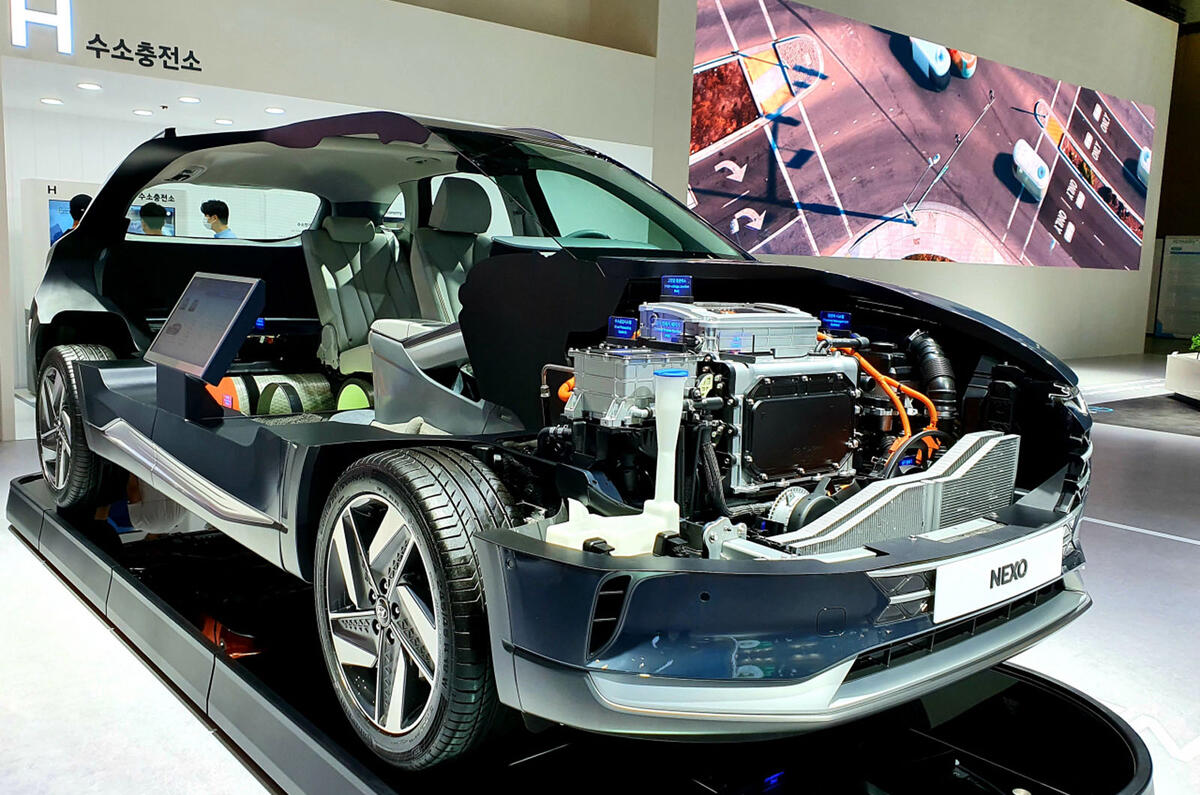
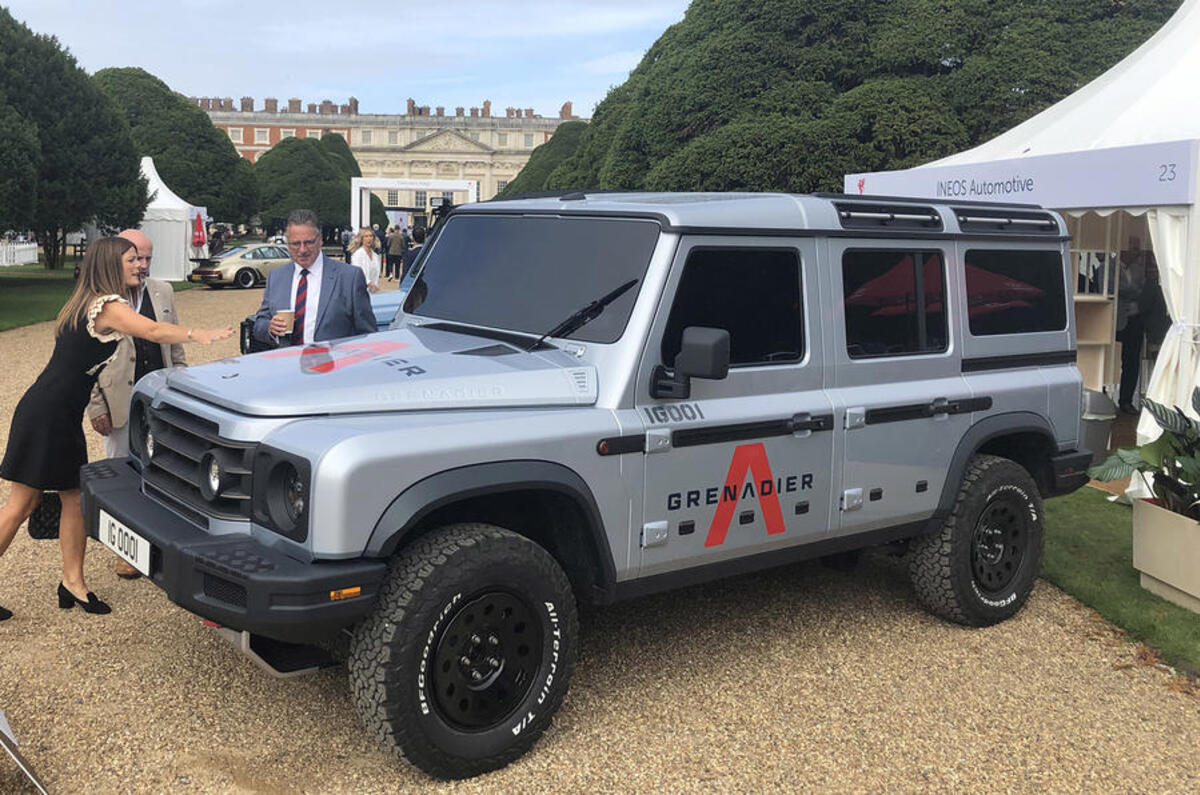
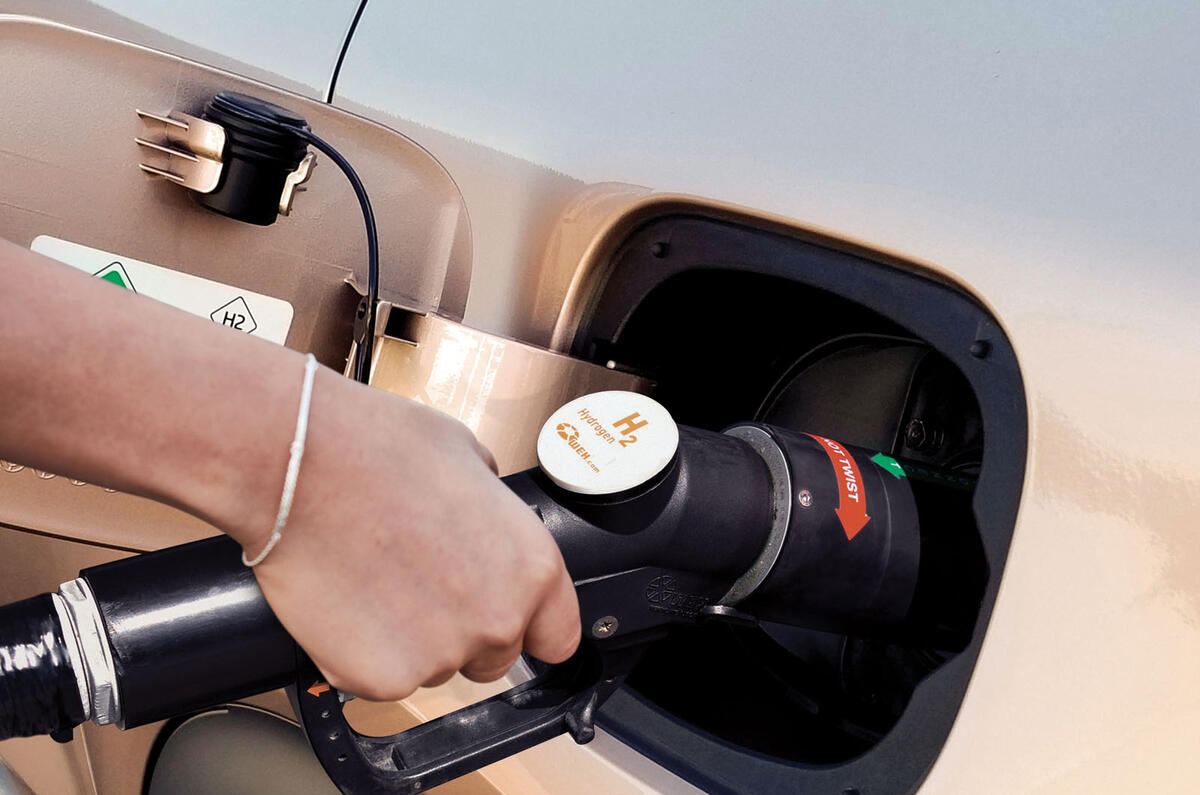
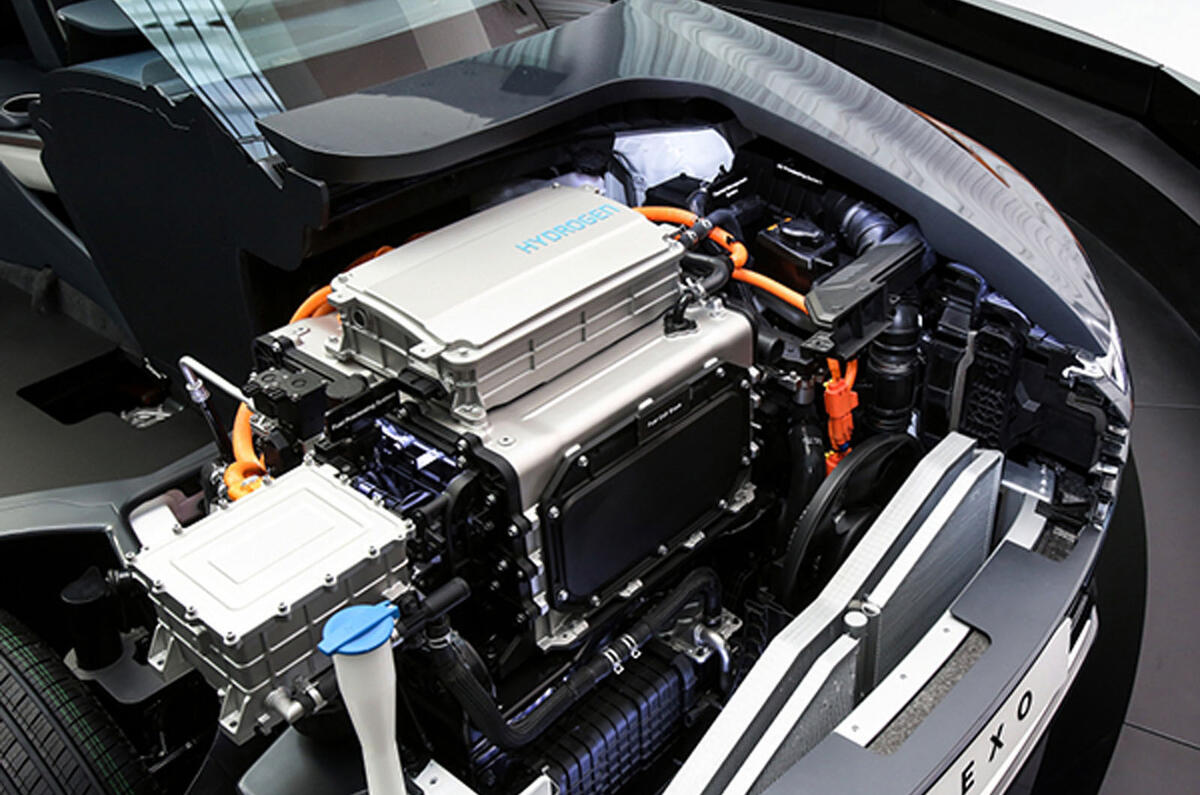
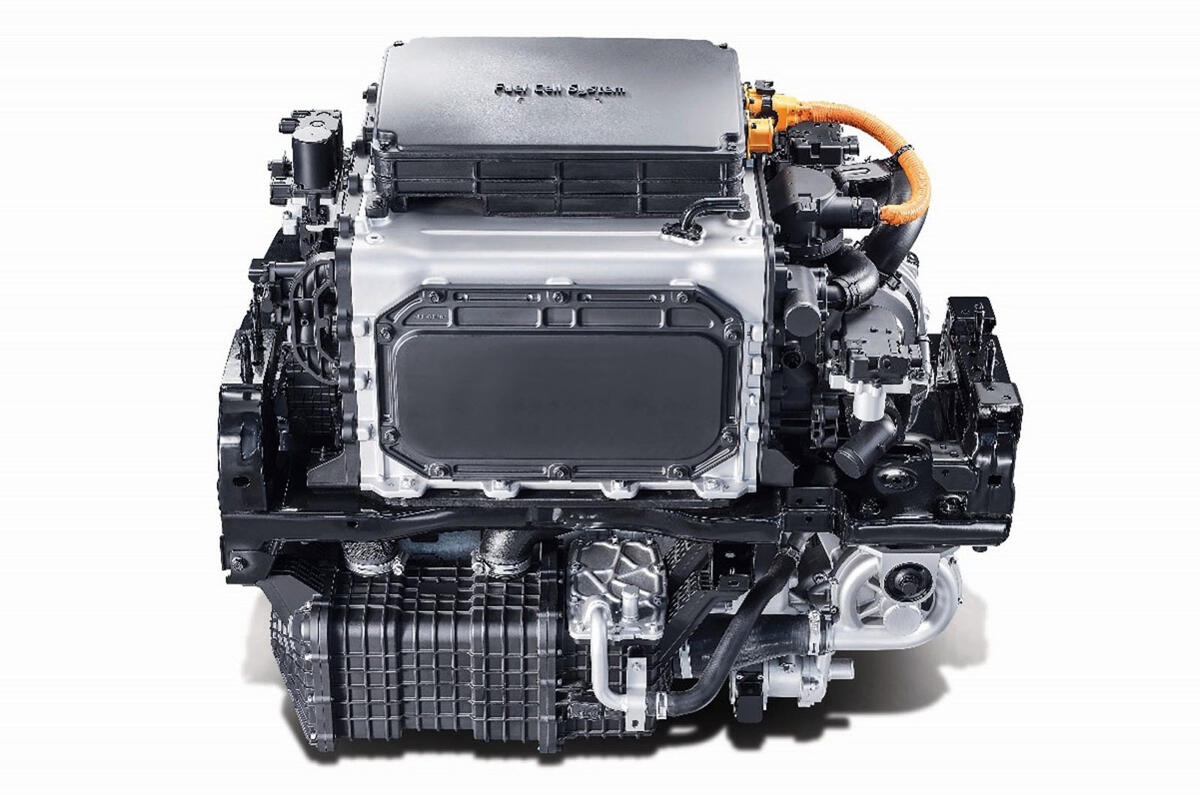
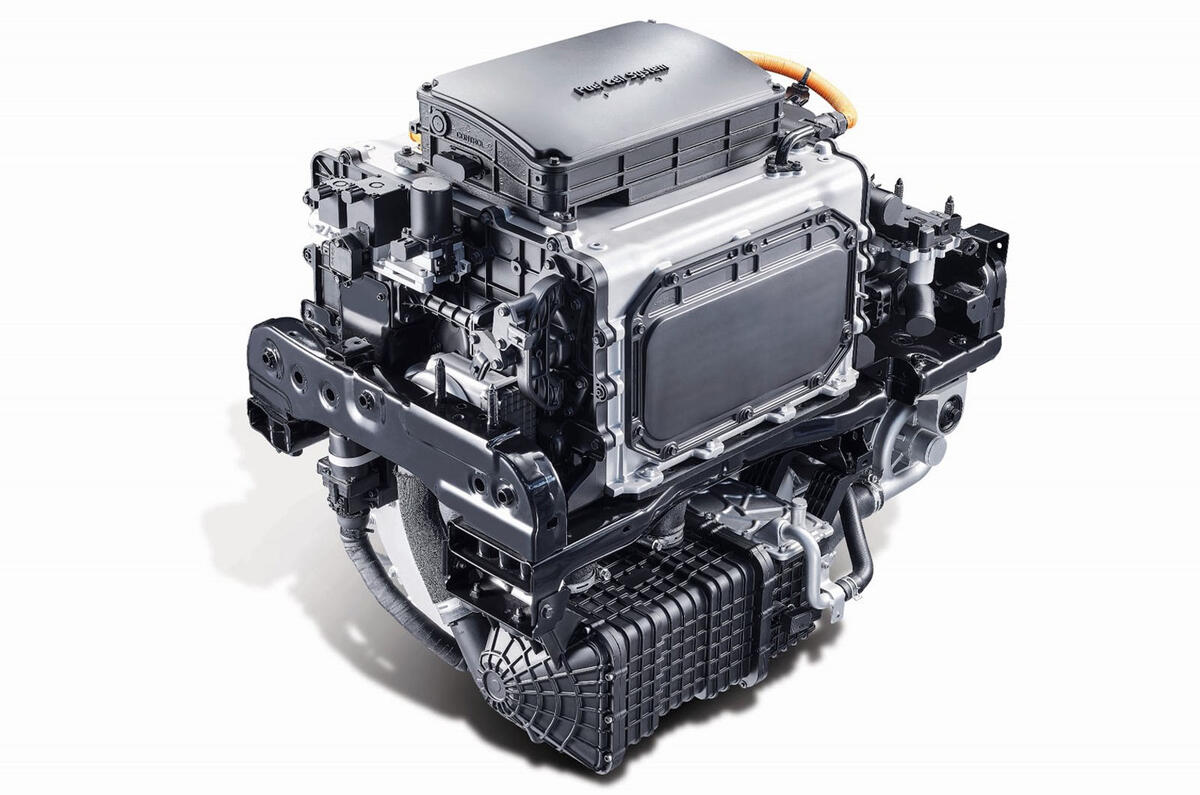
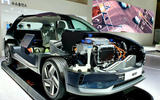

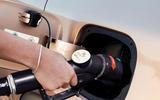
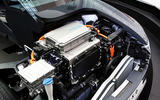
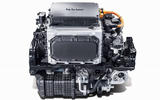
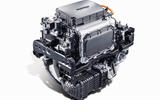


Join the debate
Add your comment
Considering Toyota have a hydrogen powered car the. Marai I think how far ahead are Toyota in this way of propelling our next generation of cars.Why are Toyota so quiet at promoting this car come in Toyota get it advertised in Autocar and daily papers it's not over expensive when compared with Tesla,Jaguar at al.Mind hydrogen filling points are still very limited WHY I ask ? Its s non polluting fuel should be at the forefront of car selling
FCVs don't really have a range, weight or volume advantage over pure electric in today's cars, so that's a curious statement.
They do have a massive weight advantage over EVs
They do not, compare a 4 seater Mirai 1850kg to the Model 3 (rwd) 1650kg. You were saying?
You need to compare apples to apples. For more than 400 miles range you need Tesla Model S with 100kWh battery. That weighs 2250kg
So, same size EV with same range is 400kg heavier!
You need to compare apples to apples. For more than 400 miles range you need Tesla Model S with 100kWh battery. That weighs 2250kg
So, same size EV with same range is 400kg heavier!
That's a curious statement.
FCVs have a huge advantage over BEVs when larger range is considered. Anything over about 400 miles with current battery technology - and the battery is too large to feasibly fit in any passenger vehicle.
Hydrogen has a far greater power density than existing battery technologies - the only option for larger range vehicles other than fossil fuel hybrids presently.
How often do you go over 400 miles in one go and cannot stop for more than 45 minutes.
Hydrogen the open option other ICE hybrids - rubbish Model X, Electron, IPace sales would suggest otherwise.
Hydrogen is just to inefficient
Island mentality!
Hydrogen being less efficient isnt a huge deal. Afterall you could make the same arguement about a 5.0 petrol V8 compared to a 2.0 4 pot diesel. But would anyone buy a diesel Mustang?
400 miles is a maximum range 5 years from now. The real world range is currently around 250. Put the family in in the middle of summer, with all ancilliaries and a/c blasting out, in a 35 deg heatwave on the A6 to Spain and you'll be lucky to get 150 miles. A 45 minute fast recharge will only fill 'er up by 80% so the next stint will be 120 miles and that is if you don't have to wait an hour for a recharge point. Any 'real' driver domestic or commercial needs hydrogen. The only problem is infrastructure, but the solution is far easier to accomplish than EV, since 90% of it already exists.